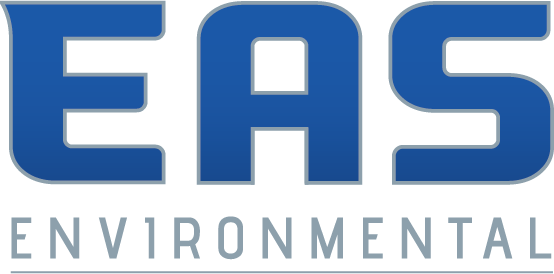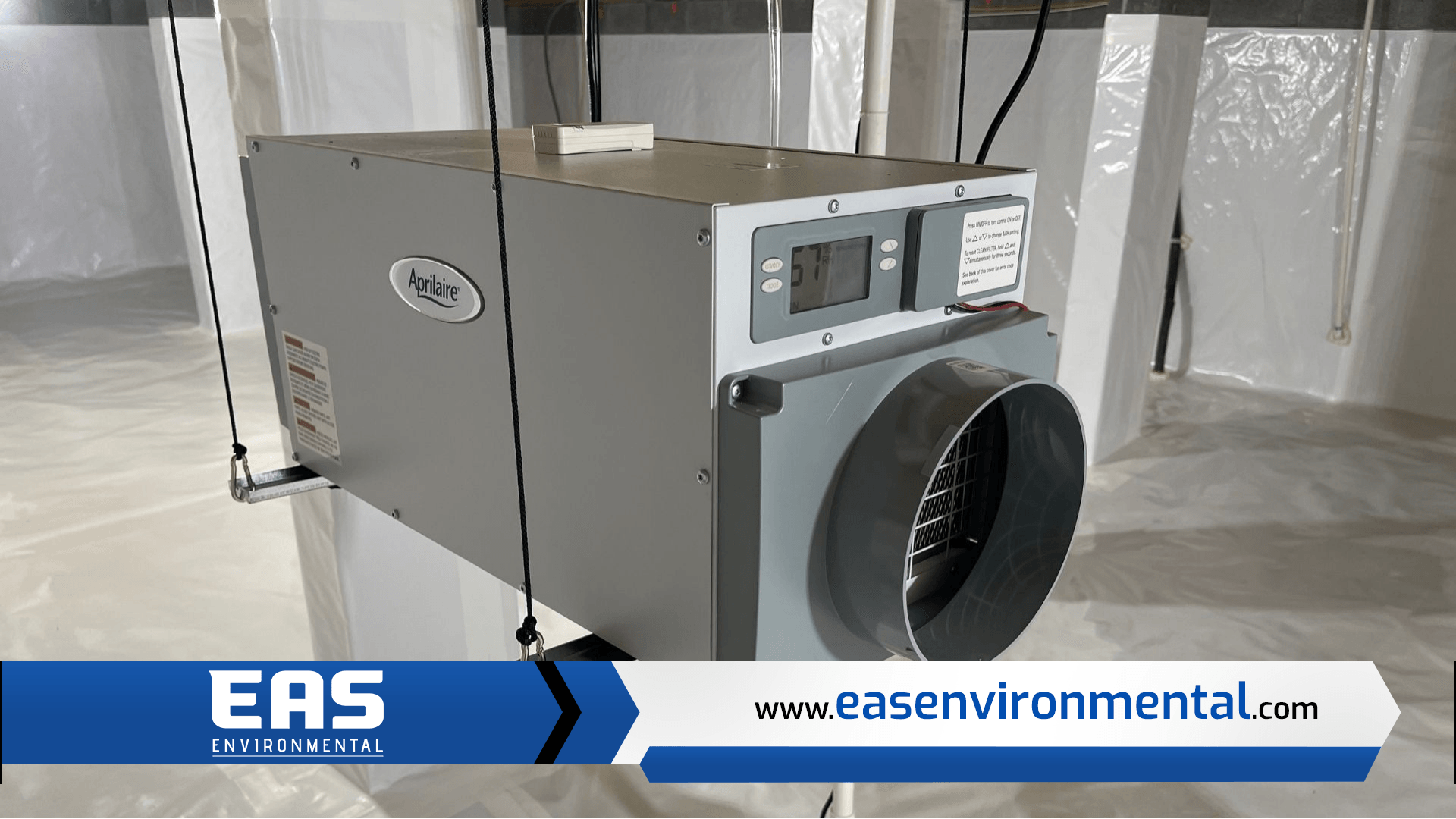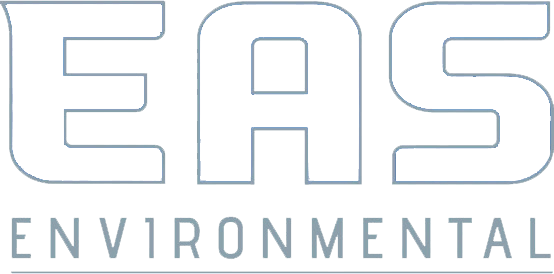HVAC Dehumidifier Installation in Charleston, SC
Can I use a dehumidifier and an air conditioner at the same time?
A dehumidifier has both hot and cold coils. You may not use an air conditioner and a dehumidifier at the same time. Dehumidifiers are less costly than air conditioners and consume less power.
Will a dehumidifier save money with central air?
A central air conditioner has an average voltage of 220 volts, whereas a dehumidifier has an average voltage of 100 volts. If you can reduce your air conditioning consumption by only one hour per day due to the operation of a dehumidifier, you will save around $20 per day, and you will most likely be able to minimize your consumption even further.
Is dry mode same as dehumidifier?
The dry mode draws moisture from the air, comparable to a dehumidifier. Instead, the absorbed moisture condenses on the unit's evaporator, and dry air is discharged into the room. In a humid climate, this mode keeps the space cool and dry while refreshing the air.New Paragraph
Will a dehumidifier make a room smell better?
Dehumidifiers help minimize odors caused by mold and mildew in your house, removing that "musty" or "rotting" odor. Running a dehumidifier reduces dust in your house, allowing you to clean less frequently. A dehumidifier also saves electricity by allowing your air conditioner to work more effectively.
Can you add a dehumidifier to existing HVAC?
Dehumidifiers and humidifiers are two different types of accessories that may be added to your central HVAC system. Both components work well. Every day, dehumidifiers remove six to twelve gallons of water from the air in your house.
Do you need to run a dehumidifier with central air?
Air conditioning systems are not especially intended to dehumidify. Rather, a whole-house dehumidifier should be installed as part of your ventilation system. Continue reading to discover more about the advantages of this system and how it may assist your air conditioner.
Should I run a dehumidifier in the summer?
Running a dehumidifier throughout the summer months is one approach to enhance indoor air quality and help reduce allergy symptoms and asthma attacks. Whole house dehumidifiers assist minimize allergens such as mildew and mold growth in the home environment by eliminating excess moisture from the home's air supply.
What should my dehumidifier be set at in summer?
Humidity may cause serious difficulties inside houses throughout the summer, but if you have a dehumidifier, you can assist fix those concerns. But what relative humidity level should your dehumidifier be set to? The relative humidity (RH) level of the dehumidifier should be adjusted between 30 and 50 percent.
When should you dehumidify a house?
A dehumidifier should be used whenever your home feels humid. Summer months typically bring greater levels of humidity, which can lead to excessive indoor air moisture, leading in mildew, mold, and bacteria growth.
Does using a dehumidifier help to reduce heating costs?
Dehumidifiers can assist to dry out the air in our homes, which reduces mold, mildew, and dust mites. However, in addition to providing health advantages, dehumidifiers may assist in lowering energy expenses. The higher the humidity, the more difficult it is to heat a home, resulting in higher gas expenditures.
Is dehumidifier worth the money?
Yes, with the appropriate type, a dehumidifier is well worth the money. Choosing the best dehumidifier isn't as difficult as it seems because it's a basic device that merely absorbs moisture in the air.
Will dehumidifier cool a room?
Dehumidifiers may chill a room because they significantly reduce humidity, which is the primary source of discomfort in a space. Humidity is the heavy, humid sensation caused by an abundance of water vapor in the air. Dehumidifiers can function as air conditioners since all of the remaining air is dry and ready to chill.
Do dehumidifiers work with the heating on?
A dehumidifier, unlike air conditioning, serves neither cooling nor heating functions. However, it removes surplus moisture by chilling and then heating the air that it draws in. As a result, the gadget has the potential to influence the temperature of the room.
Can you use a dehumidifier with central heating on?
Yes, leaving the heater on while running a refrigerant dehumidifier can help with water extraction and enhance overall efficiency. When the air is warm, it is simpler to remove moisture.
Why is my house so humid with central air?
When an AC unit's capacity is far too enormous for a household, it cools far too rapidly and in unproductive short cycles. As a result, it cycles on and off often, causing humidity to accumulate. The evaporator coil within the AC, you see, acts as a dehumidifier by sucking moisture from the air.
Is 70 humidity in a house too high?
According to Building Science Corporation research, humidity levels of 70% or greater near to a surface might cause substantial property damage. The Health and Safety Executive suggests keeping relative humidity inside between 40 and 70 percent, while other experts suggest keeping it between 30 and 60 percent.
Does humidity rise or sink?
Contrary to popular opinion, damp air is less dense than dry air. As a result, humid air will constantly ascend rather than sink. However, if you examine its movement in greater detail, you will notice that humidity flows in two distinct ways in a home.
Why is my house so humid all of a sudden?
One reason your house seems humid is that you have too many people in it. Excess moisture can be caused by too many warm persons in a household due to perspiration. Cooking may also contribute to increased humidity in the home. Thunderstorms on a hot day will produce a lot of moisture in the air.
How do I know if my house has too much humidity?
There are a few warning indicators, such as damp skin, misty windows, and a thick yet warm environment. However, you might detect mildew or musty scents when your home is very humid, which is caused by moisture buildup.
Got a Question? We’re Here to Help.
You can arrange an appointment or make an enquiry by phone or email, orget in touch to us via our contact form.
Frequently AskED Questions
Take a moment to read answers to our most frequently asked questions about our services.
Cities We Proudly Service
Click on the dropdown below to see all the cities we provide HVAC dehumidifier installation contracting services.
Contact EAS Environmental Today!
EAS Environmental will do everything we can to ensure your experience with us is excellent.
Request A FREE Estimate
Request a Free Estimate Form
24-Hour Emergency Service
Contact Information
Phone: 843-460-8391
Address: 125 Bud Lane Ladson Charleston, SC 29486
Email: sturner@easenvironmental.com
Business Hours:
24/7 Open
Appointments Available
Servicing North Charleston and all of South Carolina
EAS Environmental provides many services related to environmental hazardous abatement and cleanup as well as solving moisture control issues.
Related Services
Please see our most requested services listed below. EAS Environmental is here for you when you need asbestos or lead abatement, or moisture control service to prevent mold growth.
Asbestos Removal
With asbestos removal services, you'll never again have to worry about this hazardous substance that could wreak havoc on your health and wellbeing. Whether its in a private residence or commercial setting, we're a licensed and certified abatement firm that will remove asbestos from anywhere it may be found!
Demolition Services
It's hard to find a good demolition company, especially if you're in an emergency situation. We are the best demolition company around, and we can handle any job big or small. Our team of experts have years of experience under their belt so they'll be able to get your project done right the first time.
Disaster Restoration: Fire and Water Damage Restoration
When disaster strikes, fast action is critical. If your home or business has suffered fire or smoke damage, don’t wait—EAS Environmental is here to help. Our expert team provides responsive and prompt fire and damage restoration services to help you recover quickly and safely. Call us today to learn more about our fire damage repair services near you!
Schedule Your FREE Asbestos & Lead Evaluation!
Did you know that asbestos containing materials are still being sold in today? Call us today to find out more!


